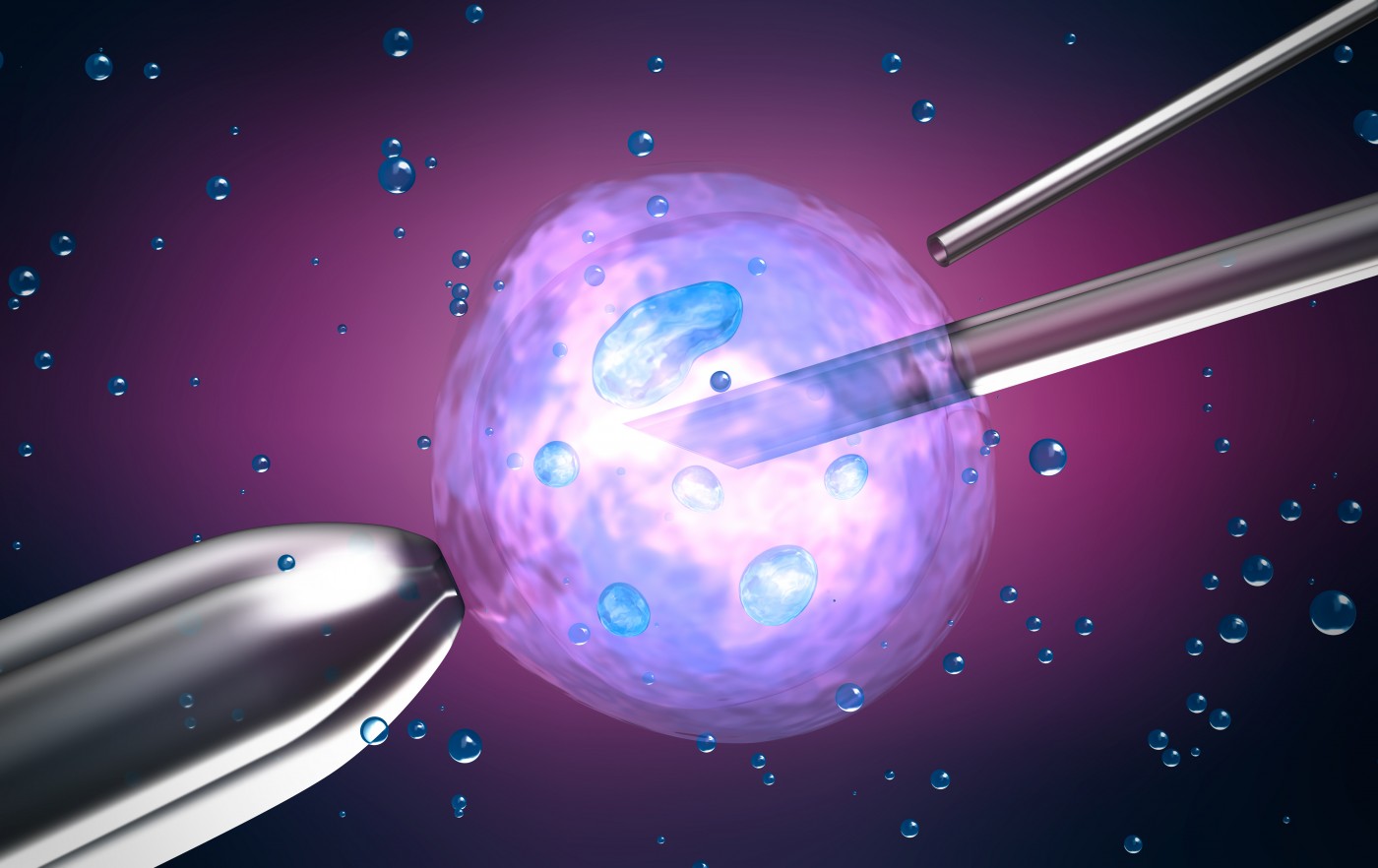IOM Report on Mitochondrial Replacement Therapy Welcomed by NY Stem Cell Group

The New York Stem Cell Foundation (NYSCF), an independent organization founded in 2005 to accelerate stem cell research into possible disease cures and better treatments, applauded the National Academies of Sciences, Engineering, and Medicine’s Institute of Medicine (IOM) report upholding the use of mitochondrial replacement therapy (MRT) on ethical grounds, provided certain conditions and principles are met.
The report was released on Feb. 3, 2016.
“We are very pleased that the IOM report agreed that mitochondrial replacement therapy is ethical. Our mission is to cure and treat disease and we have a technique that right now can prevent the transmission of devastating mitochondrial diseases. I hope that with this report, we can provide families with a risk of passing these diseases onto their children an option for having healthy children in the very near future,” Susan L. Solomon, CEO of NYSCF , said in a press release.
NYSCF explained in the release that a woman with a family history of mitochondrial diseases or who has a child with such a disease has few options if she wants to have healthy children.
However, the group took issue the report’s finding that only male embryos should be suitable for transfer in a clinical study, limiting the options to families and excluding the use of the technology on female embryos.
Preclinical studies conducted by NYSCF researchers and others have demonstrated that mitochondrial genotype exchange can be accomplished, it reported. Since the mitochondrial genotype of the egg is eliminated once the nuclear genome is removed, there should be no reason to exclude implanting female embryos, the group argued.
In MRT, the nuclear DNA from the egg of a woman affected by mitochondrial DNA disease is removed and transferred to another egg, which is free of nuclear DNA and provided by a woman with normal mitochondria. As mitochondria are inherited solely from the mother, this would, in theory, prevent transmission of mitochondrial DNA disease from the at-risk woman to her child. Children born as a result of MRT would have genetic material from three individuals: nuclear DNA from one man and one woman, and mitochondrial DNA from another woman.
Mitochondrial DNA replacement therapy is seen as a way for women with disease-causing mutations in their mitochondrial genes to give birth to genetically related children free of mitochondrial disease.
The NYSCF also commended the U.S. Food and Drug Administration for commissioning the report and the IOM for conducting its investigation, which it said moved the country one step closer to acknowledging MRT as a technique for the prevention of certain severe diseases.






